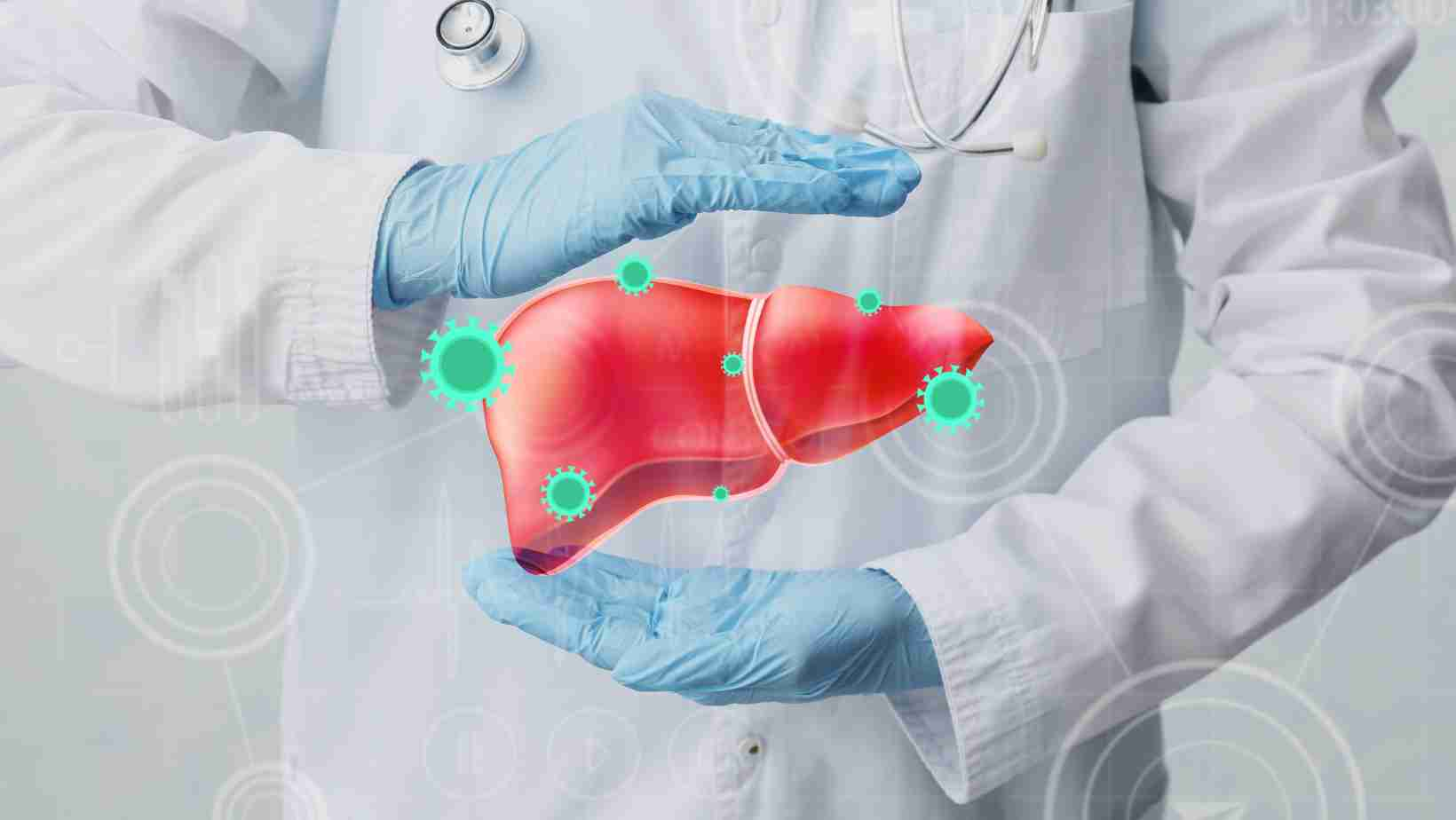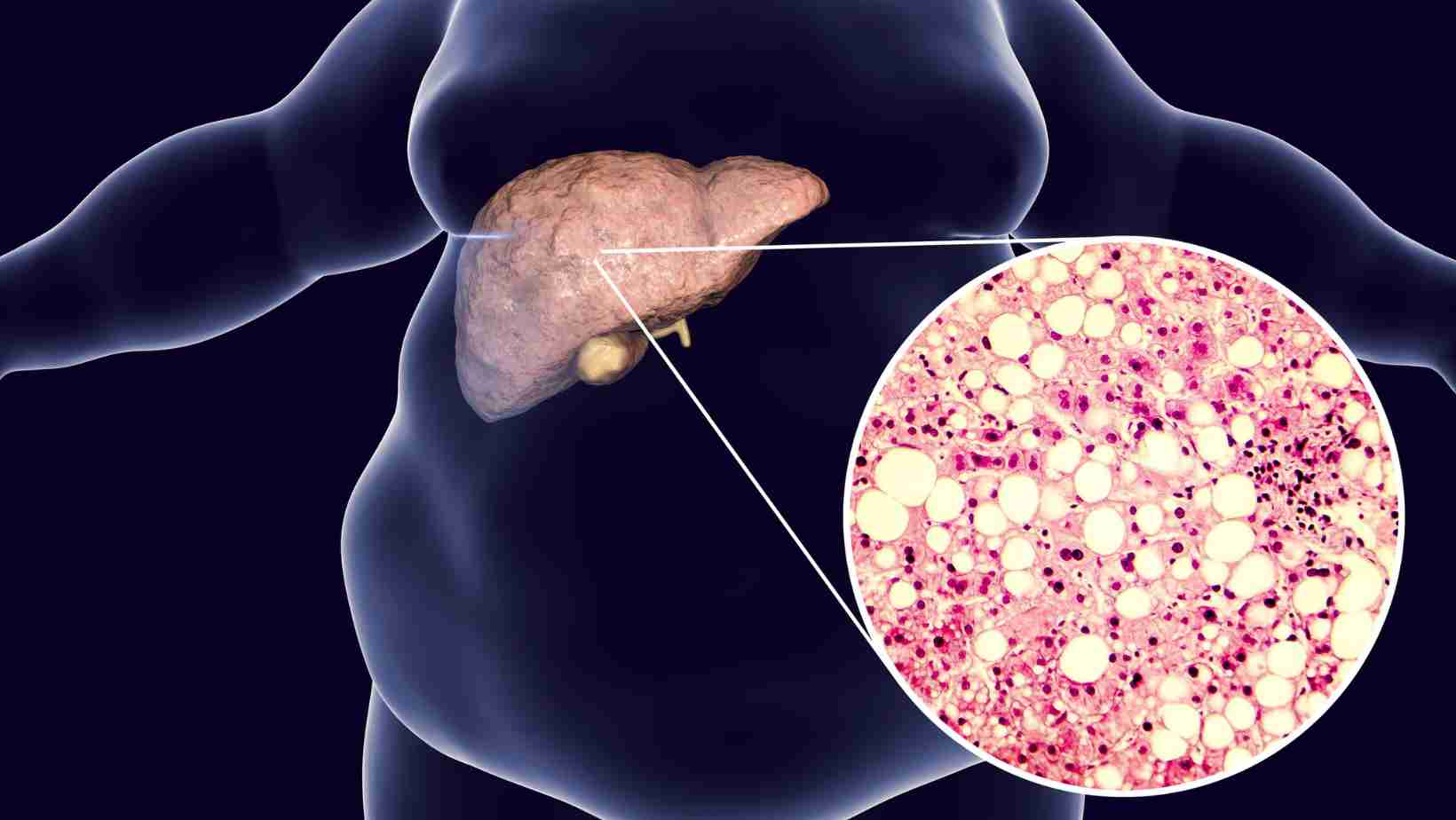
Dr Nivedita Pandey
MBBS, Diplomate of American Board of Internal Medicine (Internal Medicine), Diplomate of American Board of Internal Medicine (Gastroenterology)
Dr. Nivedit Pandey is a highly skilled liver transplant specialist in Delhi
What is a liver transplant?
A liver transplant is a surgical procedure in which a diseased liver from another donor is replaced. The entire liver may be transplanted, or only part may be transplanted.
Usually, a healthy liver will come from a recently deceased organ donor. Sometimes a healthy donor will donate a portion of their liver. The living donor can be a family member. Or someone who is not related to you but has a good bloodline.
Partial liver donors can live a better life with the remaining liver. The liver is the only organ in the body to replace or regenerate lost or injured tissue. After surgery, the donor’s liver will soon return to standard size. The part you get as a new liver grows to normal size in a few weeks.


Why would a liver transplant be needed?
You can’t live without a functioning liver. A liver transplant can be lifesaving if your liver is failing or you have primary liver cancer. Many things can cause your liver to stop working, including immediate (severe) causes like toxic poisoning and chronic liver diseases. More people need a liver transplant than donor livers are available.
What diseases can be treated with liver transplantation?
Liver insufficiency (chronic or acute)
Hepatocellular carcinoma is a type of primary liver cancer. It is usually the last measure. Even if one can obtain a liver transplant due to fierce competition, it does not permanently cure the underlying condition. Some chronic liver diseases automatically cause further damage to the new liver. But since these conditions often take time to develop, starting fresh with a healthy liver can save much time.
Persistent liver failure
The final stage of progressive chronic liver disease is chronic hepatitis. It usually means that your liver tissue has been replaced with excessive scar tissue that isn’t receiving enough blood. It is also known as cirrhosis of the liver. If your liver function begins to deteriorate, you may be experiencing symptoms of “mild” liver disease.
Immediate liver failure
The previously healthy liver is severely damaged, leading to acute liver failure. Infection or chemical poisoning can cause injury. Liver failure presents as symptoms of liver failure, a sign that your liver is not functioning correctly. There is a danger here.
First-stage liver cancer
Primary liver cancer, or hepatocellular carcinoma, is a generic term for cancer that develops in your liver. The liver can be removed to treat cancer if it has not spread outside. After partial liver resection, your doctor may sometimes remove only the tumor portion of your liver. However, you may need a liver transplant if your liver is damaged.
How long can you live without a liver transplant?
If you develop acute liver disease, there is no guarantee of recovery. People who fail to recover can die within days. At the same time, the chronic liver progresses significantly slower. People waiting for a liver transplant can live with tumors for months or years. However, as complications such as portal hypertension manifest, the need for transplantation becomes more urgent.
If you wait for a liver transplant and treatment, your primary liver cancer may still be in its early stages. However, most patients with primary liver cancer also have chronic liver disease. So your approach depends on a variety of specifics.


What conditions must be met before receiving a liver transplant?
The need for liver transplants is excellent, but not everyone who requests one will be granted it. For those that do, rehabilitation and surgery will be extensive. Healthcare professionals strive to take all precautions possible to guarantee the success of their transplants. For this reason, you must fulfill several requirements to be eligible for a liver transplant.
The minimum eligibility requirements for a liver transplant are as follows:
If you exhibit clinical signs of primary liver cancer or liver failure.
If you are healthy enough to have the surgery and be comfortable.
There is no concern that you may use drugs or alcohol in the future.
Finding these answers involves many steps. Your physical and mental health, as well as any past chemical dependence, will be thoroughly assessed by medical professionals. It will be necessary to treat any compromising conditions you may have initially. You will be added to the national waiting list as soon as you fulfill the minimal requirements for a liver transplant.
Liver transplant types
Liver transplantation can be done in one of three ways.
- When a liver is removed from someone who has died immediately, it is organ donation from the deceased.
- Living donor Liver transplantation removes a portion of the liver from a living donor. As the liver can regenerate, the graft and the remainder of the donor’s liver can grow to standard size.
- Split donation: A liver from a recently deceased donor is divided into two parts, and each grafted component is grown to a standard size in another donor.
Liver transplant risks
The long-term prognosis for liver transplantation is generally reasonable. In one year, more than 90% of people are still alive; 80% live at least five years, and many live 20 years or more.
However, liver transplantation is expensive and can cause many potentially life-threatening complications. These can occur before treatment, immediately after treatment, or years after treatment.
Some of the basic facts about liver transplantation are as follows:
- Your body rejects the liver.
- Bleeding (bleeding)
- It is more likely to transmit viruses to humans.
- impaired kidney function
- Information on liver transfusions and liver function
- High risk of various cancers, especially skin cancer.
Another possibility is that your replacement liver will eventually be affected by the same disease that affected your previous liver.
Liver transplant success rate
The success rate of liver transplant procedures is a critical metric in evaluating the efficacy of this medical intervention. The success rate is typically defined as the percentage of patients who survive the transplant procedure and experience a positive outcome regarding improved liver function and overall health. This metric is influenced by various factors, including the patient’s overall health, the quality of the donor’s liver, and the skill and experience of the medical team performing the transplant. Accurate measurement and reporting of liver transplant success rates are essential for ensuring patients receive the best care and outcomes.

